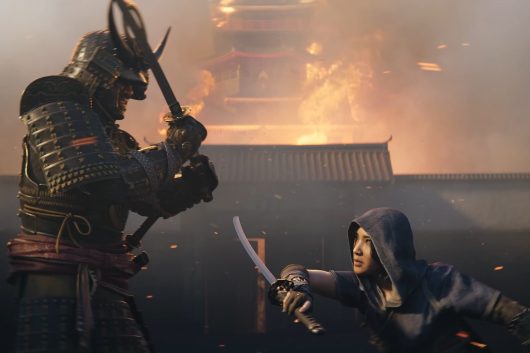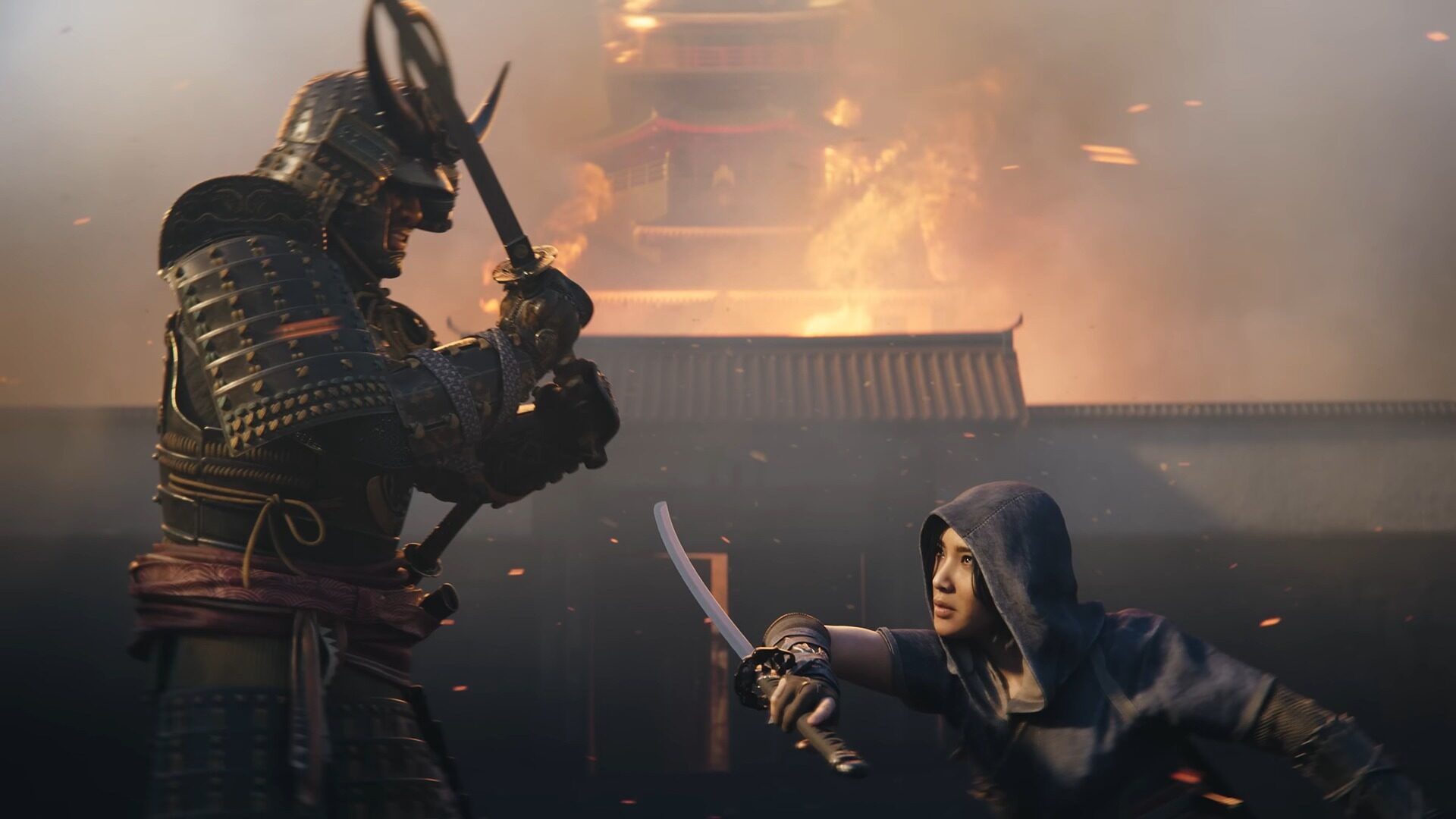


# **Assassin’s Creed Shadows: A Daring New Era in the Series**
The *Assassin’s Creed* franchise has consistently captivated players with its rich historical backdrops, intricate narratives, and evolving gameplay elements. With *Assassin’s Creed Shadows*, Ubisoft is steering the series into an exhilarating new territory, inviting players into feudal Japan for the very first time. This segment promises an innovative and engaging adventure, featuring two main characters and enhancing the fundamental gameplay mechanics.
To delve deeper into what gamers can anticipate, CGMagazine chatted with *Assassin’s Creed Shadows* Creative Director Jonathan Dumont. He provided insights regarding the game’s development, its distinctive storytelling techniques, and how the team ensured a genuine depiction of Japanese history and culture.
—
## **A Much-Anticipated Locale: Feudal Japan**
Fans of *Assassin’s Creed* have long desired a game located in Japan, and *Shadows* finally fulfills that aspiration. The narrative unfolds during the latter part of the Sengoku period, a time marked by political strife, military clashes, and cultural evolution. As per Dumont, the choice to anchor the game in this timeframe stemmed from the incredibly rich history and the chance to delve into the roles of shinobi and samurai.
> *“The team was excited to craft an Assassin’s Creed title set in feudal Japan. Once we pinpointed the late Sengoku period, it became apparent that the player would take on the role of a shinobi, aligning closely with the assassin archetype of our franchise.”* – Jonathan Dumont
Instead of merging the shinobi and samurai into one character, Ubisoft chose a dual-protagonist format, allowing players to engage with the narrative from two unique vantage points.
—
## **Dual Characters: Shinobi and Samurai**
A key transformation in *Assassin’s Creed Shadows* is the addition of two playable characters: Fujibayashi Naoe, a stealthy shinobi assassin, and Yasuke, a formidable samurai. This choice not only broadens gameplay options but also creates a novel narrative framework.
> *“We felt that introducing dual protagonists would be a captivating way to provide two separate player fantasies: the shinobi and the samurai. By journeying through the narrative as both Naoe and Yasuke, players can appreciate the subtleties and richness emerging from their differing perspectives.”* – Jonathan Dumont
Naoe’s gameplay emphasizes stealth, nimbleness, and assassination skills, aligning with the traditional *Assassin’s Creed* gameplay style. Conversely, Yasuke presents a more combat-focused experience, employing classic samurai weaponry and engaging directly with adversaries. This dual perspective guarantees that players can customize their gameplay to suit their preferred style.
—
## **A Fresh Take on Open-World Exploration**
Ubisoft has refined the open-world experience in *Assassin’s Creed Shadows*, rendering it more lively and engaging than ever before. The game showcases a vibrant world with shifting seasons, weather dynamics, and NPC behaviors that respond to player actions.
> *“We implemented various updates, particularly concerning exploration systems and NPC interactions. These enhancements were essential to elevating the player experience and ensuring the game felt interconnected and immersive.”* – Jonathan Dumont
The addition of a fully customizable hideout brings another dimension of depth, enabling players to construct and personalize their operational base. This feature ties into the storyline, as Naoe and Yasuke forge alliances and gather resources to confront the ruling powers.
—
## **Authenticity and Cultural Integrity**
Accurately and respectfully depicting historical Japan was a primary focus for the development team. Ubisoft collaborated with historians, cultural experts, and consultants to secure a genuine representation of the period.
> *“We engaged in thorough research and consulted with historians, cultural experts, and advisors throughout the development phase. This collaborative initiative was vital in ensuring that the world, assets, audio, and scripts underwent rigorous scrutiny to achieve a respectful and credible portrayal.”* – Jonathan Dumont
The game delves into the political and military dynamics of the late Sengoku period, spotlighting key historical personalities like Oda Nobunaga. Additionally, aspects of Japanese culture, including tea ceremonies, Noh theatre, and traditional craftsmanship, are intricately woven into the game’s world.
—
## **Merging Innovation with Franchise Foundations**
While *Assassin’s Creed Shadows* introduces a range of new gameplay features, it maintains the fundamental components that fans cherish. Dumont describes the game as a fusion of classic *Assassin’s Creed* elements—such as stealth, parkour, and assassination—with the RPG mechanics from recent entries.
> *“Our philosophy was to enhance and deepen most aspects, innovating within the AC framework to ensure it feels both fresh and exhilarating, yet recognizable.”* – Jonathan Dumont
The combat system has been fine-tuned, featuring destructible environments and enhanced physics. Players can cleave through objects in real-time, adding
No Comments
To comment you need to be logged in!